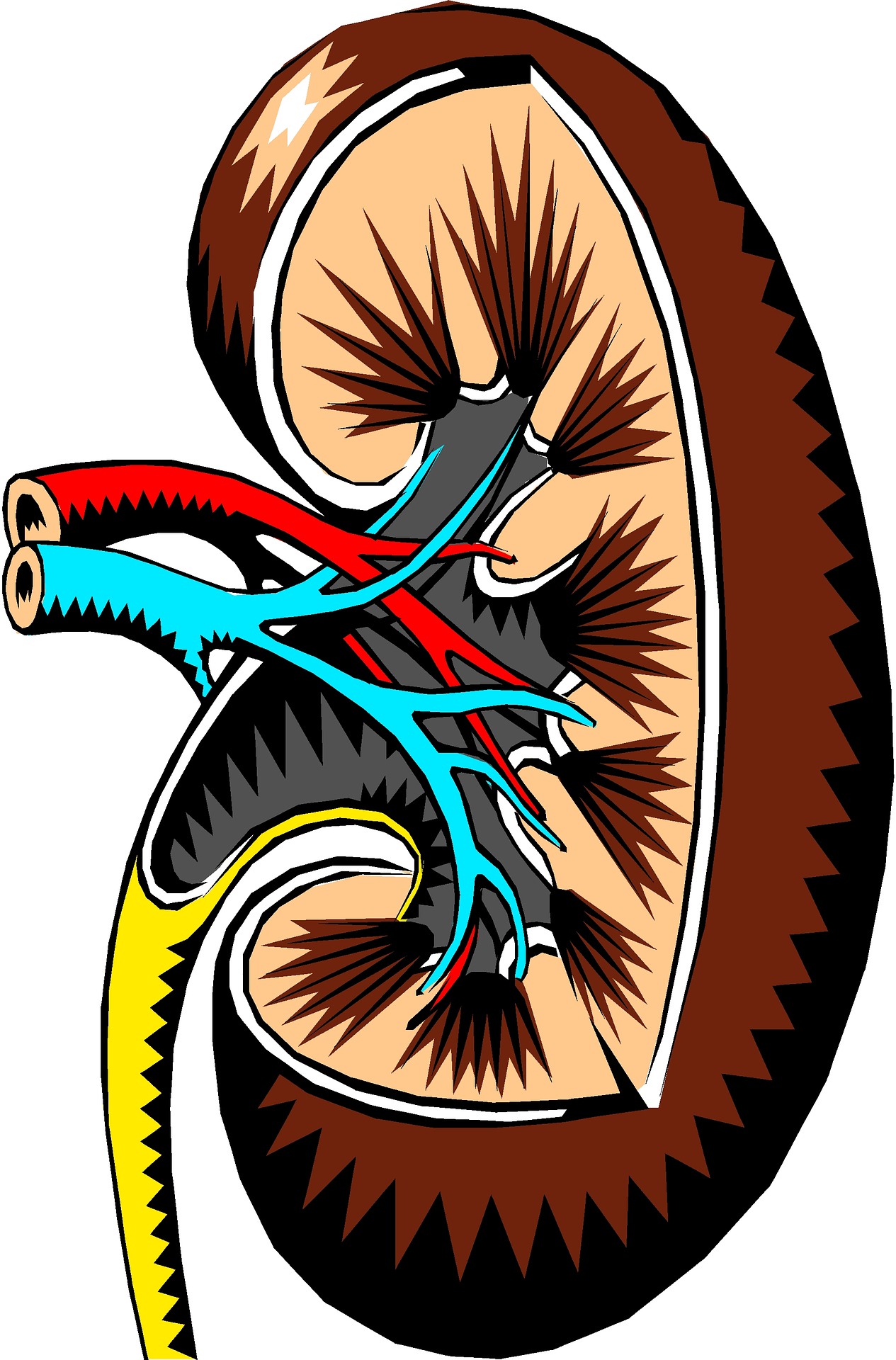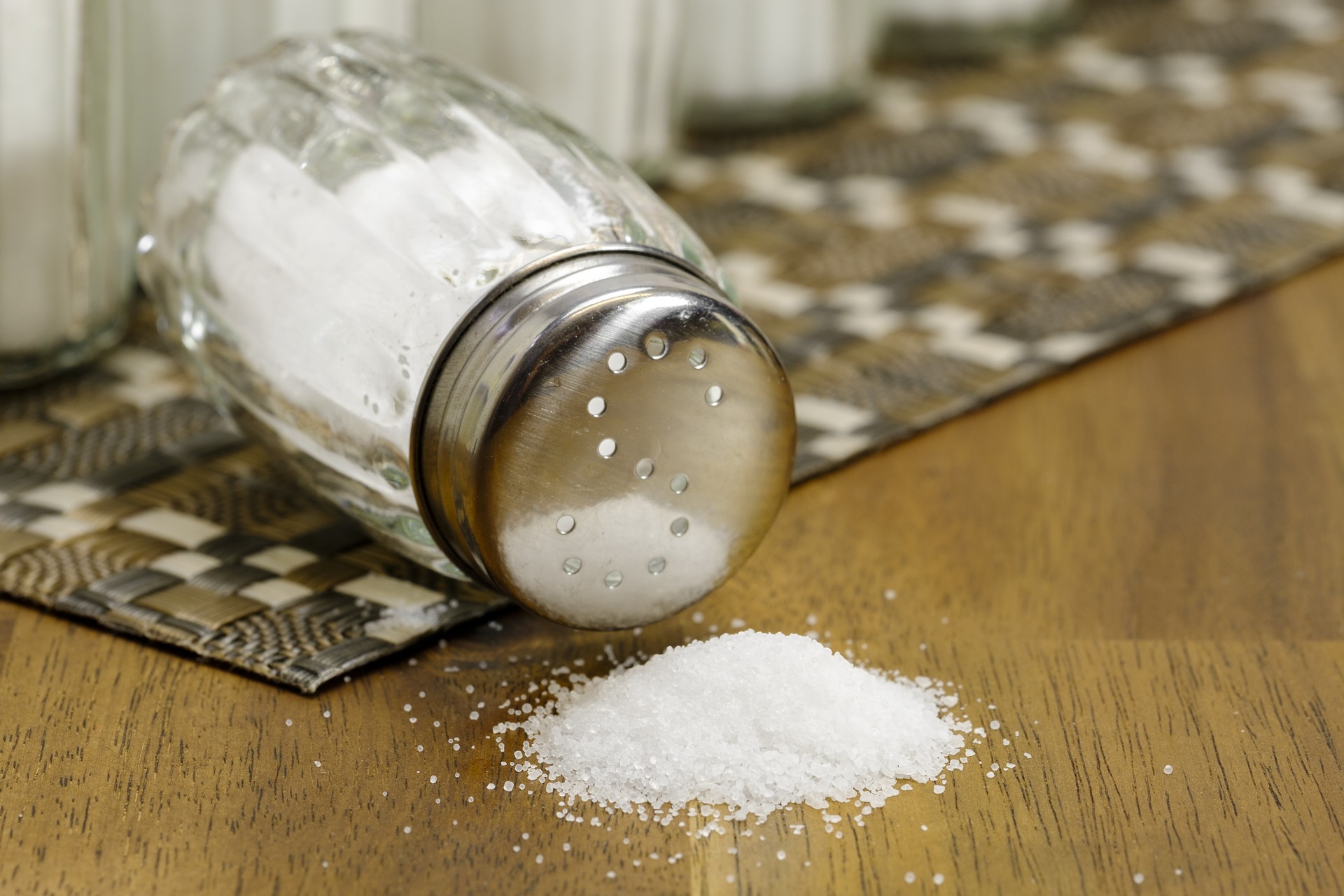World Salt Awareness Week is observed during the first part of March, and a few days later is World Kidney Day (12 March 2020). This is a good time to gain an understanding of how your kidneys and the intake of salt from your diet are linked and how to make sure you stay in good health!
Kidney disease is a non-communicable disease (NCD) and currently affects around 850 million people worldwide. One in ten adults has chronic kidney disease (CKD). The global burden of CKD is increasing and is projected to become the 5th most common cause of years of life lost globally by 2040.
 Your kidneys play a very important role in keeping you healthy. They are responsible for a number of jobs including regulating your blood pressure, filtering waste and toxic, cleaning your blood, balancing water in the body and activating Vitamin D.
Your kidneys play a very important role in keeping you healthy. They are responsible for a number of jobs including regulating your blood pressure, filtering waste and toxic, cleaning your blood, balancing water in the body and activating Vitamin D.
Your body removes unwanted fluid by filtering your blood through your kidneys. Here any extra fluid is sucked out and put into your bladder to be removed as urine. To do this, your kidneys use osmosis to draw the extra water out of your blood. This process uses a delicate balance of sodium and potassium to pull the water across a wall of cells from the bloodstream into a collecting channel that leads to the bladder.
Eating salt raises the amount of sodium in your bloodstream and wrecks the delicate balance, reducing the ability of your kidneys to remove the water. The result is a higher blood pressure due to the extra fluid and extra strain on the delicate blood vessels leading to the kidneys.
Over time, this extra strain can damage the kidneys - known as kidney disease. This reduces their ability to filter out unwanted and toxic waste products, which then start to build up in the body. If kidney disease is left untreated and the blood pressure isn't lowered, the damage can lead to kidney failure. This is when the kidneys are no longer able to be filter the blood and the body slowly becomes poisoned by its own toxic waste products.
Where does salt come in?

Salt was originally added to our food as a preservative before most of us had a fridge in our home. Our taste buds have become used to foods with added salt, and most of us eat more than we should.
Reduce your salt intake! You can do this by eating healthy whole foods and avoiding processed and fast foods. By encouraging healthy eating and reduced salt, you can improve your kidney and heart health and teach good habits to others.
Reduce you salt intake to no more than 5g (1 teaspoon) of salt, from all sources, per day:
- Reduce salt added to your food during cooking and at the table
- Make use of fresh and dried herbs, spices, garlic or lemon juice to add flavour to your food, without adding extra salt and salty seasoning like chicken or BBQ (braai) sauce.
- Foods like packet soups, stock cubes, gravies, cheese and many breakfast cereals, breads, salty snacks, processed meats and fast foods are very high in salt and should be used sparingly.
Some salt myths:
Some salts are advertised as having special health benefits from the minerals they contain. These include sea salt and Himalayan salt. These salts contain as much sodium as regular salt. The amounts of minerals present in these salts very small, and can be easily found in a wide range of other healthy foods.
So, what should you do?
- Eat fresh foods like fruit, vegetables, legumes, and wholegrain bread and rice
- Drink plenty of water
- Eat some lean meat, such as chicken and fish
- Cut back on snack foods with high levels of saturated fat, sugar or salt. Healthy alternatives include fresh fruit, low-fat yoghurt (check for added sugar) and unsalted nuts
- Look for no added salt, salt reduced or low salt products
- Use only small amounts of salty sauces
- Use food labels to choose the lowest salt products
If you are battling with kidney disease or need to speak to a health professional, book an appointment with a Sister or Doctor at CHS by calling 021 808 3494/6.

